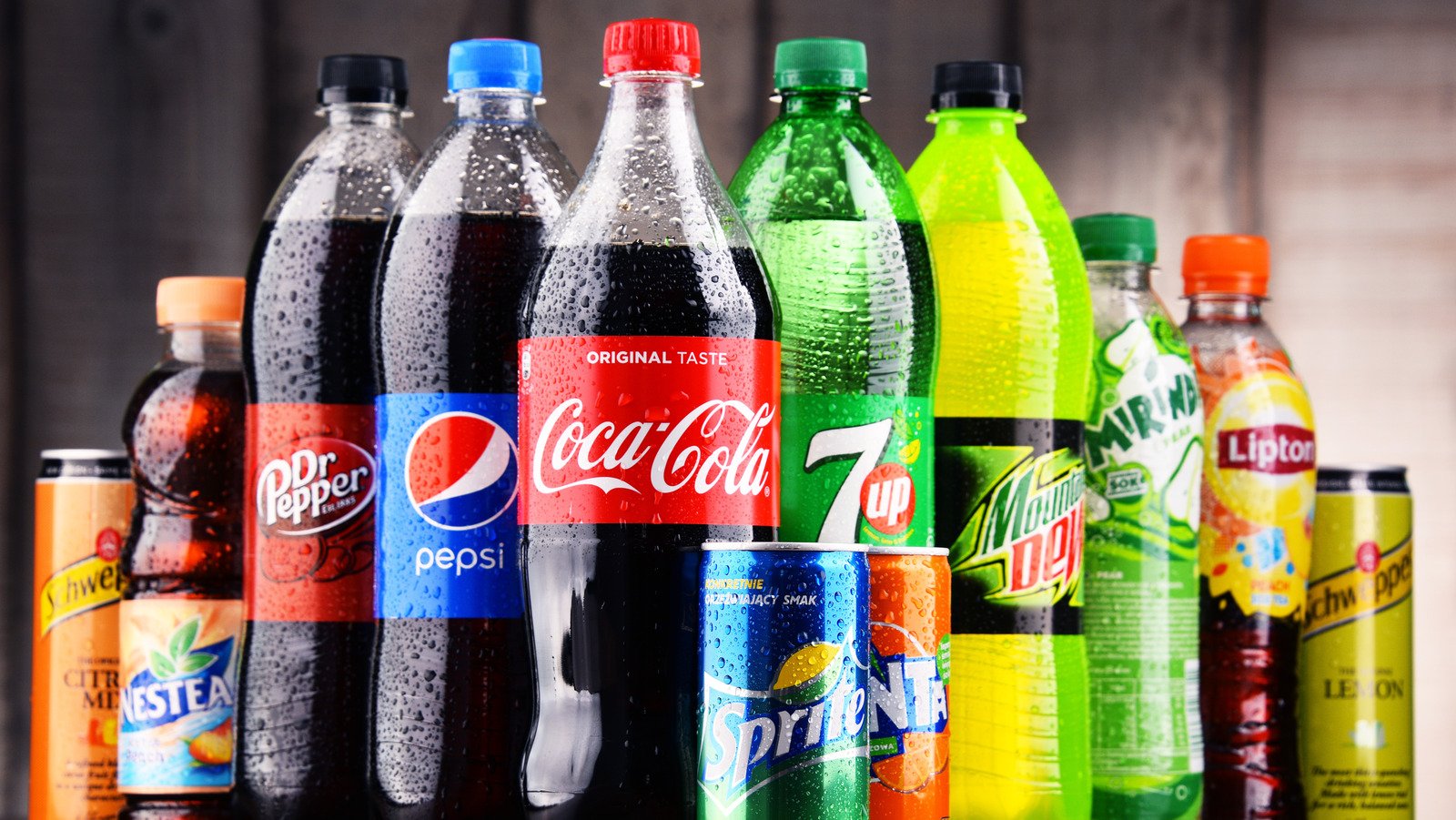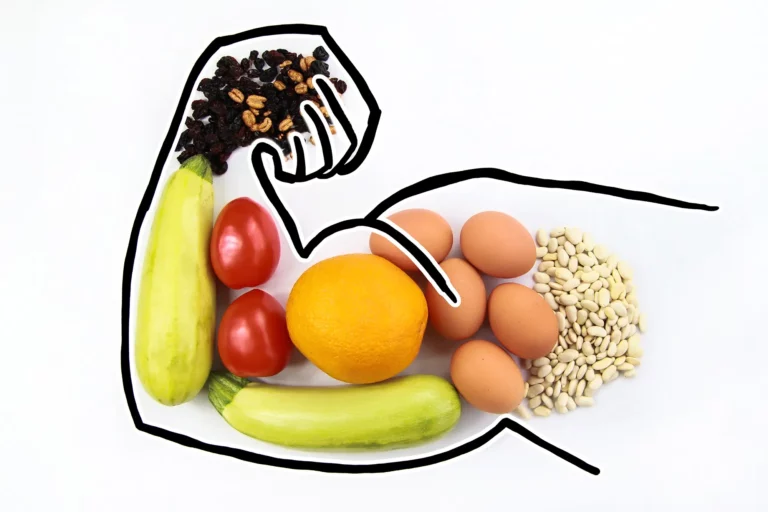Excessive Weekly Soda Consumption:
The Unhealthy risks African Men put Themselves Through.

- Research shows that excessive sugar consumption has a significant contribution to chronic inflammation and obesity, both recognized as risk factors that leads to cardiovascular diseases.
- Health experts strongly advise eliminating soda from your diet entirely. Instead, opt for healthier alternatives like water, or beverages such as coffee or tea without the addition of sugar, to promote and maintain cardiovascular well-being.
Welcome, dear African Warriors. You’re about to take a tour to discover the accompanying effects of those little little sips you take weekly. We hope you’ll pick some valuable lessons on this tour.
Ever wondered about the impact of just sipping two or three carbonated drinks a week on the health of your heart?
Right! Brace yourself, because recent research suggests that this seemingly innocent habit might be erasing the cardiovascular benefits of your physical efforts.
But that’s not all. Excessive sugar found in these carbonated drinks is like a silent troublemaker, promoting chronic inflammation and obesity—two unwelcome guests at the heart health party.
These are more than just words; they are the risk factors silently conspiring to set the stage for cardiovascular diseases.
However, fear not! This story is not just about risks but also about solutions.
Health experts recommend not just cutting back but bidding farewell to sodas altogether.
Think of a place where water is the best choice, and drinking plain coffee or tea without sugar is like having good buddies for your heart’s health journey.
So, let’s explore how soda impacts men’s hearts and discover the refreshing alternatives recommended by experts—because it’s time to sip smart and savour good health.
CHAPTERS
How Carbonated Drinks and Sugar-sweetened Beverages Neutralizes Your Workouts and Exercise Activities.

Haven’t you wondered why your workouts sometimes feels less effective than you expected?
It may be hard to believe, but your consistent carbonated drinks and sugary sips might be messing with your exercise routine.
It’s time to see how these common beverages can throw a wrench into your fitness goals.
-
Dehydration Delay
Pushing through a workout is an achievement, but grabbing a sugary soda afterward might not be the best move.
So, picture this: you’ve sweated it out, and now you reach for that fizzy delight, but little do you know, the delayed hydration from carbonated drinks hampers your body’s quick recovery.
It’s like trying to recharge your phone with a slow charger – the process takes longer, and you’re left feeling drained.
-
Up and Down Energy: Tricks of Sugary Drinks
Feeling energized is key when you’re exercising, but be cautious with fizzy drinks.
Let’s break it down: you grab a sugary drink, hoping for an energy boost to power through your workout.
Initially, it feels like you’ve hit the accelerator, and there’s a surge in energy.
However, it’s a short-lived burst, and before you know it, you’re left feeling tired and fatigued halfway through your routine.
It’s a bit like revving up your car, expecting a smooth ride, only to realize you’ve used up all your fuel faster than you thought.
So, while those fizzy drinks might offer a quick pick-me-up, the energy they provide is fleeting, and you might find yourself running on an empty tank sooner than you’d like.

-
Calories After Workout: Adding More Than You Burn
After a good gym session, what you do next can impact your progress.
I know you can relate. After working out, burned calories, and now you reach for a sugary drink.
Those extra calories start stacking up, counteracting the effort you just put into your workout.
It’s as if you take a positive step forward in your fitness journey, only to accidentally take two steps back.
Let me explain why this happens and how it affects your fitness goals.
…………
When you exercise, your body burns calories for energy. It’s like a car consuming fuel to move. After a workout, your body continues to burn calories as it recovers.
But, if you introduce a sugary drink into the equation, you’re essentially adding more calories than your body needs.
It’s comparable to filling up your gas tank and then pouring in extra fuel that your car doesn’t use.
The result? Those surplus calories can undermine the progress you’ve made during your workout, hindering your journey to a healthier, fitter you.
But relax, we’ll soon explore this calorie dilemma and find ways to make your post-workout choices work for, not against, your fitness goals.
-
Inflammation After Exercise: An Unintended Setback
After a tough workout, how you treat your body matters.
So, after successfully completing a challenging exercise routine, you then decided to celebrate with some sugary carbonated drinks. Very cool!
However, here’s the catch – this choice could trigger inflammation, which could hinder your body’s recovery.
After intense exercise, your body experiences a temporary state of stress, and inflammation is a natural part of the recovery process.
However, introducing a carbonated drink loaded with sugars can aggravate this inflammation.
It’s like pouring fuel on a small fire, turning a controlled burn into an unintended blaze.
This prolonged inflammation can lead to challenges down the road, undermining the positive effects of your workout and potentially contributing to long-term health issues.
Download Optimal Men’s Health now and take the first step towards a healthier tomorrow.
The Negative Effects of High Sugar Consumption on Your Heart

We’re still exploring the complicated relationship between what we consume and our heart’s well-being, make sure you didn’t jump any of the previous chapters.
Now, let’s shed light on the negative effects of high sugar consumption.
Feel free to picture sugar as a silent wrecker, potentially disrupting the rhythm of your heart health.
Here are 5 key impacts of excess sugar within your system, and this could bridge the gap between your everyday choices and your cardiovascular well-being.
-
Effect on Blood Pressure
Consuming high amounts of sugar may contribute to elevated blood pressure, a significant risk factor for heart disease.
It’s akin to consistently turning up the water pressure in your plumbing – over time, the strain could lead to damage.
Likewise, excessive sugar puts stress on your blood vessels, making your heart work harder to pump blood.
This prolonged effort can contribute to hypertension, and could potentially pave the way for cardiovascular issues.
-
Cholesterol Chaos:
High sugar intake, especially for African men, has been linked to unfavourable changes in cholesterol levels, with increased triglycerides and lower levels of “good” HDL cholesterol.
Think of your arteries as highways – too much sugar can lead to a build-up of unhealthy cholesterol, which can create roadblocks that hinder smooth blood flow.
This can increase the risk of atherosclerosis, a condition where arteries narrow due to the accumulation of fatty deposits, potentially compromising heart health.
-
Inflammation Intrusion:
The inflammatory impact of Sugar also extends to your cardiovascular system, and it contributes to chronic inflammation.
You can imagine inflammation as a burning fire within your arteries – an unintended consequence of excess sugar consumption. Hmmm!
This chronic inflammation not only weakens your blood vessels but also sets the stage for more severe cardiovascular conditions. So, what do you do? Run!

-
Weight Worries:
High sugar content in your diet often leads to weight gain and obesity, both linked to heart health issues.
If you can consider your heart as the engine of a vehicle – the more weight it has to carry, the harder it works.
Likewise, excess weight places an additional burden on your heart, increasing the risk of conditions like heart disease, stroke, and diabetes.
-
Insulin Instability: The link between Sugar and Diabetes.
Excessive sugar consumption can cause troubles for your insulin function, which pave the way for a condition known as insulin resistance.
Insulin is the key that unlocks your body’s cells, allowing glucose to enter and provide energy.
However, when there’s an excess of sugar in your system, it’s like jamming the lock mechanism – insulin becomes less effective in its role.
To grasp this concept, envision your body as a well-oiled machine where insulin serves as the key. With too much sugar, this key becomes faulty, struggling to unlock cells efficiently.
This insulin resistance means that glucose, your body’s primary energy source, struggles to enter cells, leading to elevated blood sugar levels.
The Resultant Effect on Heart Health:
This resistance to insulin has far-reaching consequences, and one of them is its association with diabetes.
Diabetes, in turn, poses a heightened risk for heart disease.
Elevated blood sugar levels, which is one of the noble characteristics of diabetes, can lead to inflammation, damaging blood vessels and increasing the likelihood of cardiovascular complications.
Smart Sipping: How to Enjoy Soda in Moderation
While excessive soda consumption poses risks, enjoying it in moderation is a pragmatic approach to satisfy your cravings without compromising your health.
Let’s explore simple and achievable ways to strike that balance, ensuring your soda indulgence doesn’t tip the scales towards health concerns.
- Limit Frequency, Expand Variety:
Treat soda like a rare indulgence, more like enjoying a special dessert on occasions.
By limiting the frequency, you enhance the pleasure when you do indulge.
Additionally, consider expanding your beverage choices to include alternatives like infused water, herbal teas, or sparkling water for variety.
2. Downsize Your Servings:
Think of soda servings like fuelling up your car – you only need what’s necessary.
Therefore, opt for smaller sizes or share a larger bottle with a friend.
This not only reduces your sugar intake but also aligns with the principle of moderation, ensuring you savour the taste without overindulging.
3. Hydrate Wisely: Quench Thirst Before Sipping Soda
Before diving into a refreshing soda, quench your thirst with a glass of water first.
Think of it as setting the stage for your beverage journey, much like starting a meal with a crisp salad.
Just as the salad primes your appetite for the main course, hydrating with water primes your body, making it less likely to go overboard when you finally savour that soda.
So, here’s how it works.
………….
When you’re adequately hydrated, your body recognizes its true need for liquid, helping you differentiate between thirst and the desire for a sugary beverage.
It’s like laying the groundwork for mindful consumption – a hydrated body tends to be more in tune with its actual needs.
So, next time you reach for that soda, make it a refreshing part of your hydration ritual, ensuring a balanced and enjoyable experience.
4. Sip Smartly, Don’t Guzzle:
When it comes to enjoying your soda, adopt a mindful approach by sipping it slowly, much like sipping a delightful cup of coffee.
Take your time to appreciate the taste, and you’ll find that you’re less inclined to consume excessive amounts in a short span.
Think of it as sipping a fine wine, where the pleasure lies in the experience rather than hastily finishing a soft drink.

It works like magic! Mindful sipping enhances your awareness of each flavour note, and it produces a more satisfying experience.
It’s about enjoying the moment and being attuned to the sensations, much like enjoying shades of a quality beverage.
By sipping slowly, you not only appreciate the soda but also reduce the likelihood of overindulging, allowing you to make the most of your fizzy delight without compromising on moderation.
5. DIY Healthier Versions: Craft Your Own Refreshment
Yea! You can take charge of your soda experience by crafting healthier alternatives at home.
Start by experimenting with fruit-infused water, combining your favourite flavours without the added sugars.
It’s like being your own chef, tailoring your beverage to align with your taste preferences and health goals.
Are you still following? Great!
You can develop your own culinary masterpiece, where you control the ingredients, making it not just a drink but a tailored infusion of wellness.
So, venture into the realm of homemade goodness, and let your DIY creations redefine your soda moments with a healthier twist.
CONCLUSION
As we wrap up our soda journey, here’s the takeaway: too much soda isn’t great for your heart.
But don’t worry, you don’t have to say goodbye to soda forever.
We’ve talked about how to be smart with your fizzy drinks – like sipping slowly, trying homemade versions, and not overdoing it.
Think of these tips as friendly guides, not strict rules. So, go ahead, enjoy your soda, but do it wisely. Your heart will thank you!
Frequently Asked Questions
- How much soda is considered moderate consumption?
- Answer: While there is no one-size-fits-all answer, health experts generally recommend limiting soda intake to no more than one can per day.
However, individual factors such as age, health status, and lifestyle should also be considered.
2. Can diet sodas be a healthier alternative?
-
- Answer: While diet sodas contain artificial sweeteners and fewer calories, their long-term health impact is still under scrutiny.
It’s advisable to explore alternative beverages like water, herbal teas, or homemade infused water for a healthier choice.
3. Are natural fruit juices a better option than soda?
-
- Answer: While natural fruit juices contain vitamins, they can be high in sugars. It’s best to consume them in moderation and consider diluting with water.
Whole fruits are an even better choice, providing fibre and additional nutrients.
Download this Ultimate Guide now and take control over your Sexual Life.
Disclaimer: The information in this article is not intended to be a substitute for professional medical advice, diagnosis, or treatment. Always seek the advice of your physician or qualified healthcare provider with any questions you may have regarding arthritis or any other medical condition.
Related Post
Testosterone-boosting foods for Nigerian men
November 19, 2024
Blog post
Table of Contents Testosterone is crucial for fertility, sexual function, bone health, and muscle…
Read More
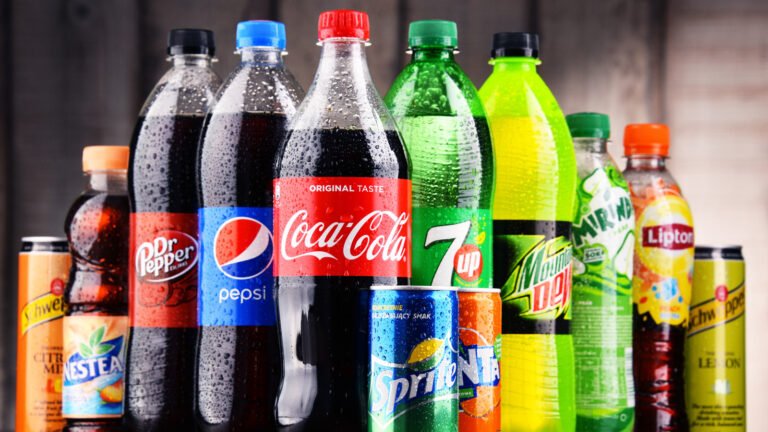
Excessive Weekly Soda Consumption: How much is too much?
November 15, 2024
Blog post,Health & Medicals
Welcome, dear African Warriors. You’re about to take a tour to discover the accompanying effects of…
Read More
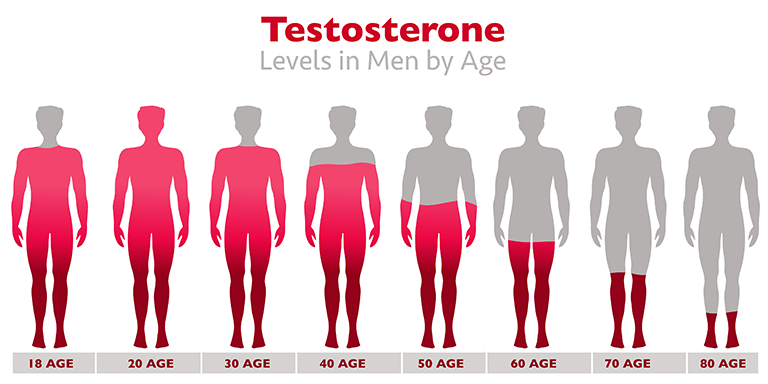
Testosterone: Functions, Levels, and How to Boost It
November 15, 2024
Blog post
Testosterone is a crucial hormone predominantly produced in the testes for men and the ovaries and…
Read More

How can men over 40 lose weight fast?
November 9, 2024
Health & Medicals
Table of Contents Losing weight as a man over 40 can be challenging, but it’s definitely…
Read More

Unhealthy Nutritional Practices by Nigerian Men: Prevention and alternatives
September 14, 2024
Blog post
Highlights of the article: Explore common unhealthy nutritional practices by Nigerian men. Learn the…
Read More
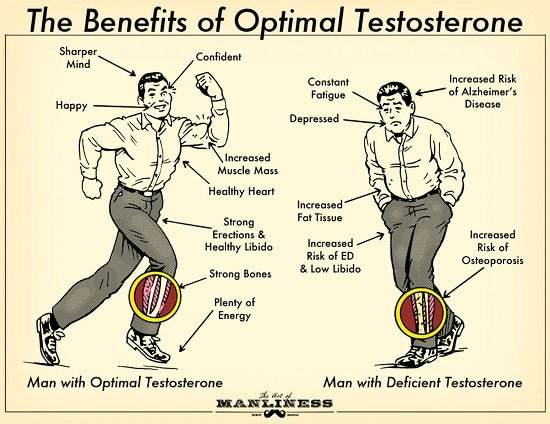
Boost Testosterone by these 5 Natural Ways
July 25, 2024
Blog post
Boost Testosterone level Are you feeling low on energy, or struggling with muscle growth, or…
Read More
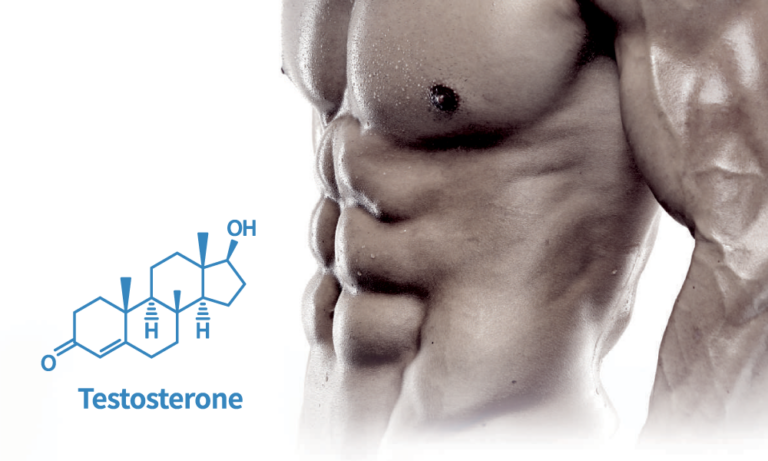
Testosterone levels and Men’s Health
July 18, 2024
Blog post
Testosterone According to the American Urological Association, about 2 in 100 men have low…
Read More

The Psychology of Men’s Mental Health
April 8, 2024
Blog post,Health & Medicals
Hey there! Life can feel like a rollercoaster, with its share of unexpected twists and turns.
If…
Read More

Men’s Health Mastery Magazine
March 18, 2024
Health & Medicals
Gentlemen, are you ready for this?
Then you must buckle up, because this journey promises to…
Read More
Also, for more insights into men’s health and well-being, check out these articles on our page.
Men’s Health Issues Associated With Poor Nutrition
October 18, 2024
Blog post
Men’s health issues are often tied directly to poor nutrition, with up to 80% of chronic diseases…
Read More

Importance of regular check-ups for men
October 11, 2024
Blog post
Regular check-ups are preventive healthcare appointments that involve routine screenings and…
Read More

Health-risks for Men and 6 Healthy Alternatives That Work
September 13, 2024
Blog post
Health-risks for men are getting scarier with each passing year. Various ailments, such as heart…
Read More
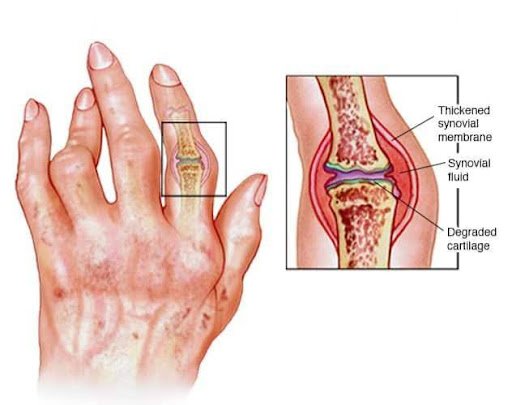
RHEUMATOID ARTHRITIS
January 16, 2024
Health & Medicals
Buckle up for a chat on Rheumatoid Arthritis—a comprehensive understanding of its operation. Imagine…
Read More
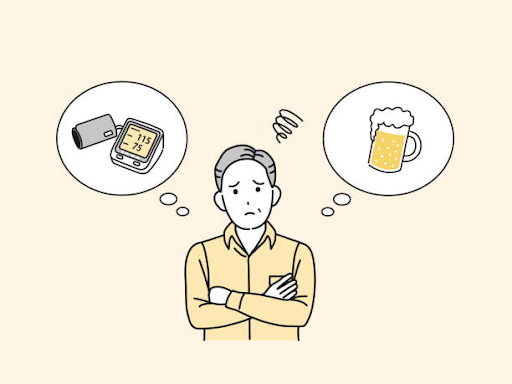
ALCOHOL & BLOOD PRESSURE: What’s The Connection?
January 16, 2024
Health & Medicals
Have you ever wondered if that evening drink might be having a subtle chat with your blood…
Read More

CAUSES OF HIGH BLOOD PRESSURE
January 3, 2024
Health & Medicals
Welcome aboard, health enthusiasts! Now, we know, discussing the causes of High blood pressure might…
Read More

What Causes High Blood Pressure in African Men | Treatment Options
December 6, 2023
Health & Medicals
Today, we’re diving into a topic close to our hearts, quite literally – high blood pressure. If…
Read More

Get rid of Arthritis Pain permanently: 5 Natural Cures
November 11, 2023
Health & Medicals
Get rid of Arthritis Pain permanently: 5 Natural Cures Navigating Arthritis for African Men OUTLINE…
Read More

